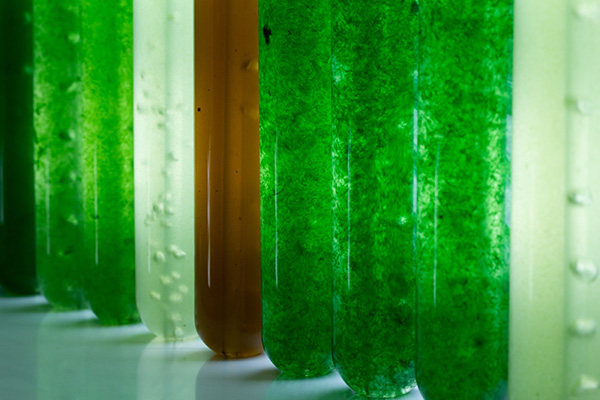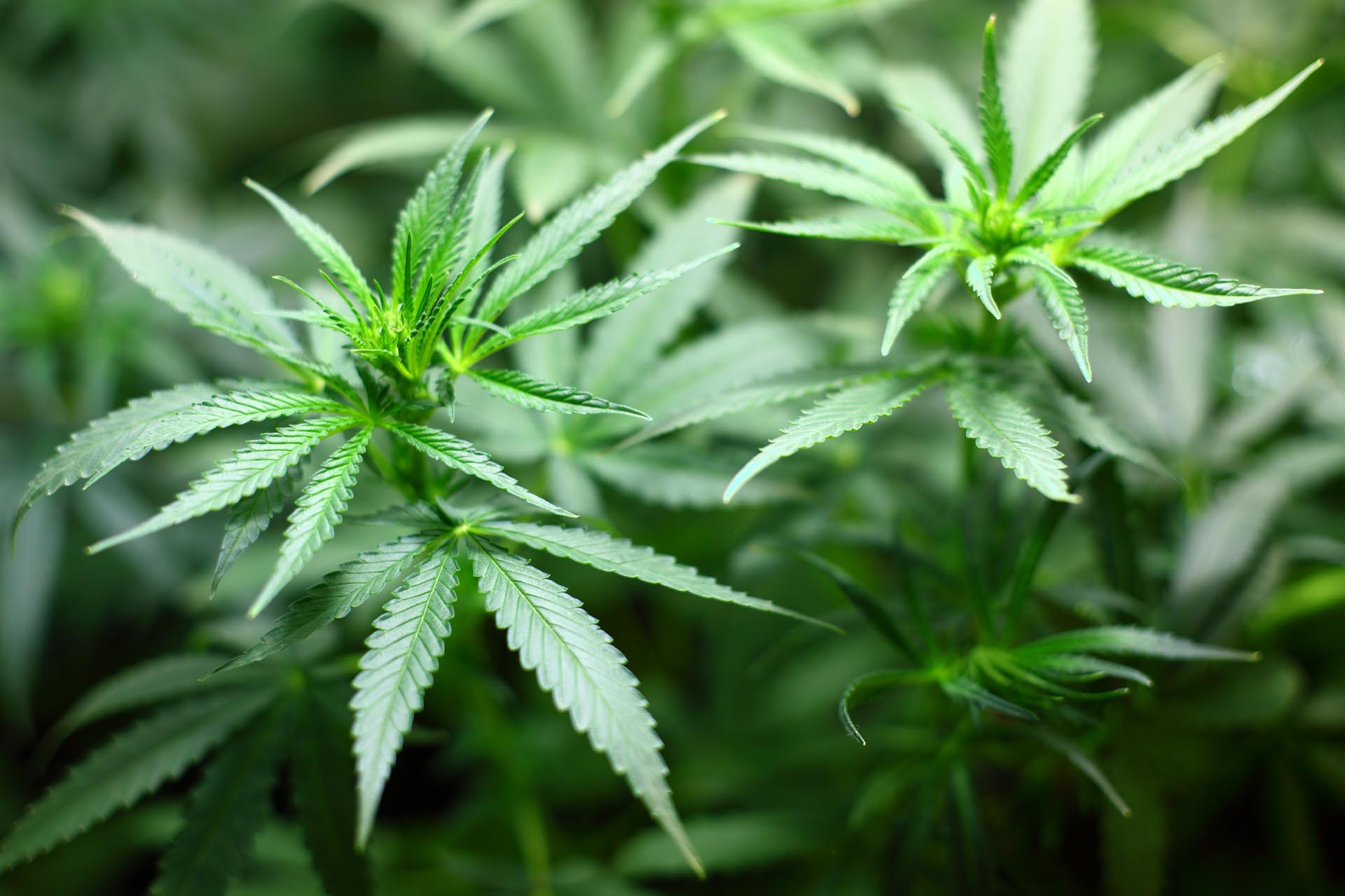Nature still has secrets to share.
Algae
Microalgae – single-celled algae - could be the light-driven “factories” of future medicines to fight bacterial infections.
IMB researchers are investigating the use of photobioreactors filled with microalgae to produce lysins, a type of enzyme that targets the bacterial cell wall.
Lysins are highly specific and able to target disease-causing bacteria, while causing no harm to the body’s natural healthy bacteria.
Very low resistance from bacteria has been observed so far. Production of lysins in microalgae is fast and cost-effective, making it a promising way to fight bacteria.

Metals
Compounds containing metals such as silver, manganese, zinc, ruthenium and iridium have a much greater chance of killing bacteria or fungi than more traditional compounds without a metal component, IMB researchers have found.
Importantly, many of these metal compounds are selective at killing microorganisms, but not human cells.
This potential for metal complexes as a new class of antibiotics was discovered through more than five years of research by CO-ADD, an international initiative to uncover untested chemical diversity.
CO-ADD has screened hundreds of thousands of compounds that would not otherwise have been tested as potential antibiotics against seven disease-causing bacteria and fungi.
Together with the Shared Platform for Antibiotic Research (SPARK), a public database enabling scientists to share data and insights from past research and generate new knowledge on killing bacteria, it is a powerful global resource that provides researchers the world over with the tools to fight back against superbugs.

Cannabis
Synthetic cannabidiol, better known as CBD - the main nonpsychoactive component of cannabis – can penetrate and kill a wide range of bacteria.
IMB researchers have shown that CBD can even kill some types of Gram-negative bacteria such as Neisseria gonorrhoeae, which causes gonorrhoea.
Gram-negative bacteria have an extra outer membrane, an additional line of defence that makes it harder for antibiotics to penetrate.
The same study showed that CBD was also effective against Gram-positive bacteria, including MRSA, also known as golden staph.
Researchers showed that CBD is particularly good at breaking down biofilms – the slimy build-up of bacteria, such as dental plaque on the surface of teeth – which help bacteria such as MRSA survive antibiotic treatments.

